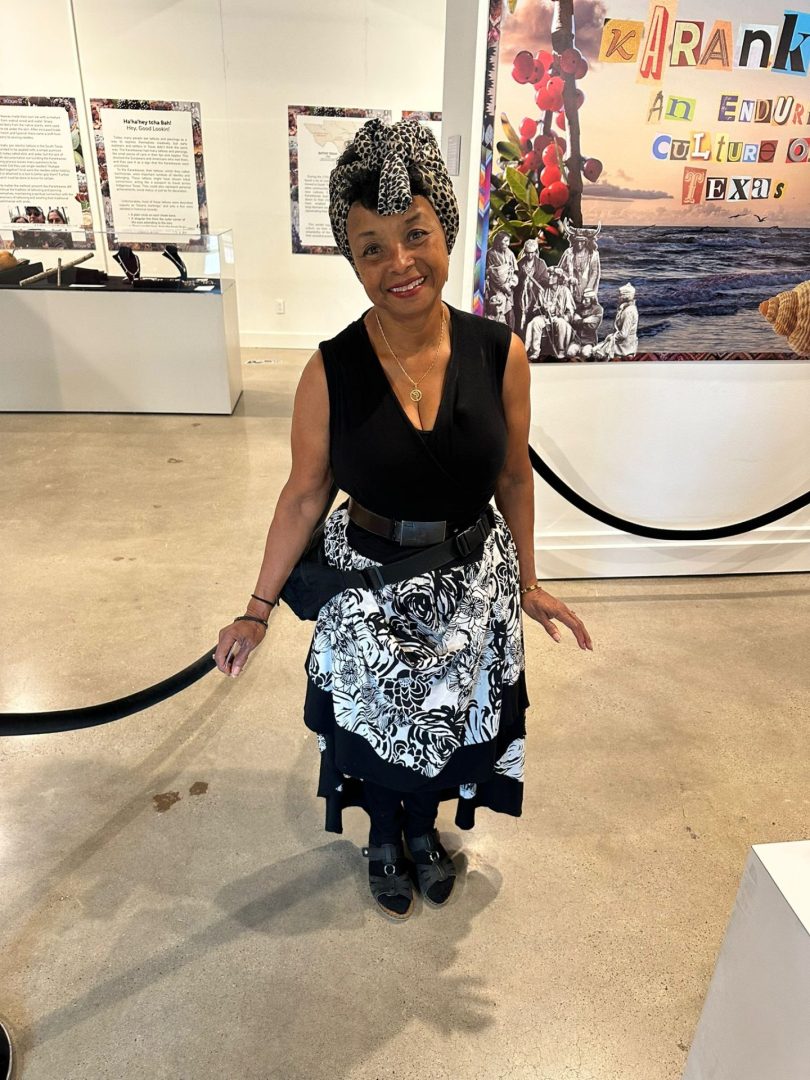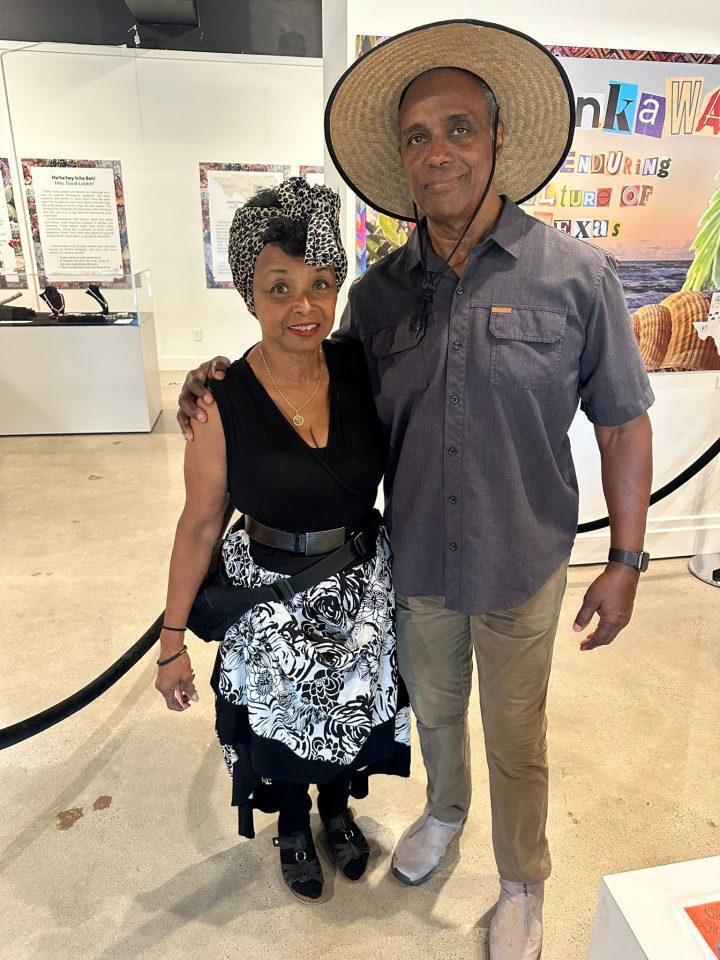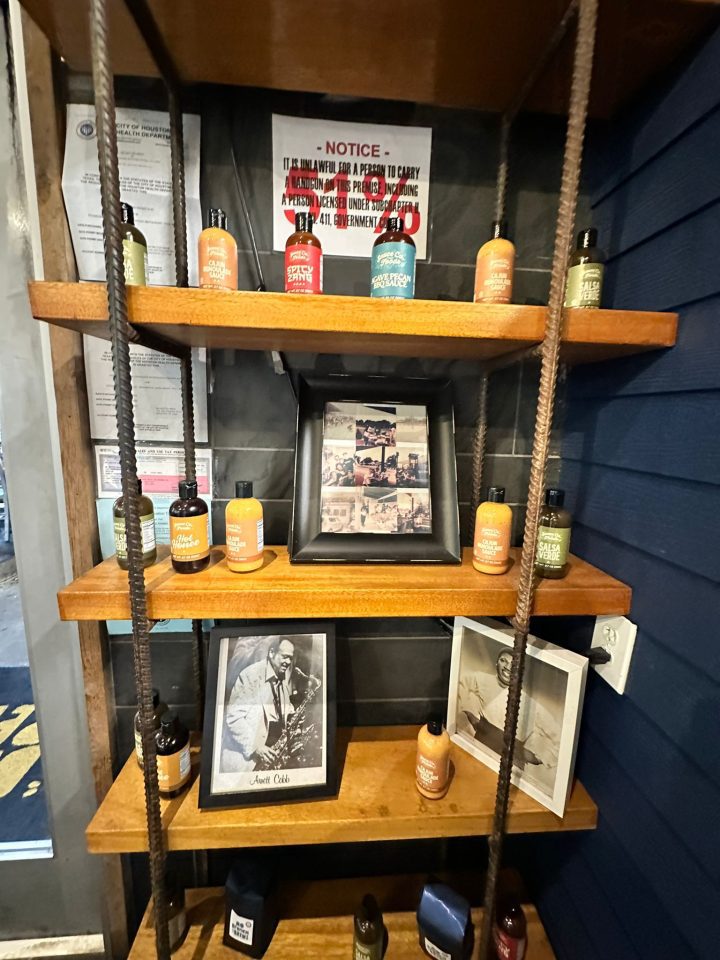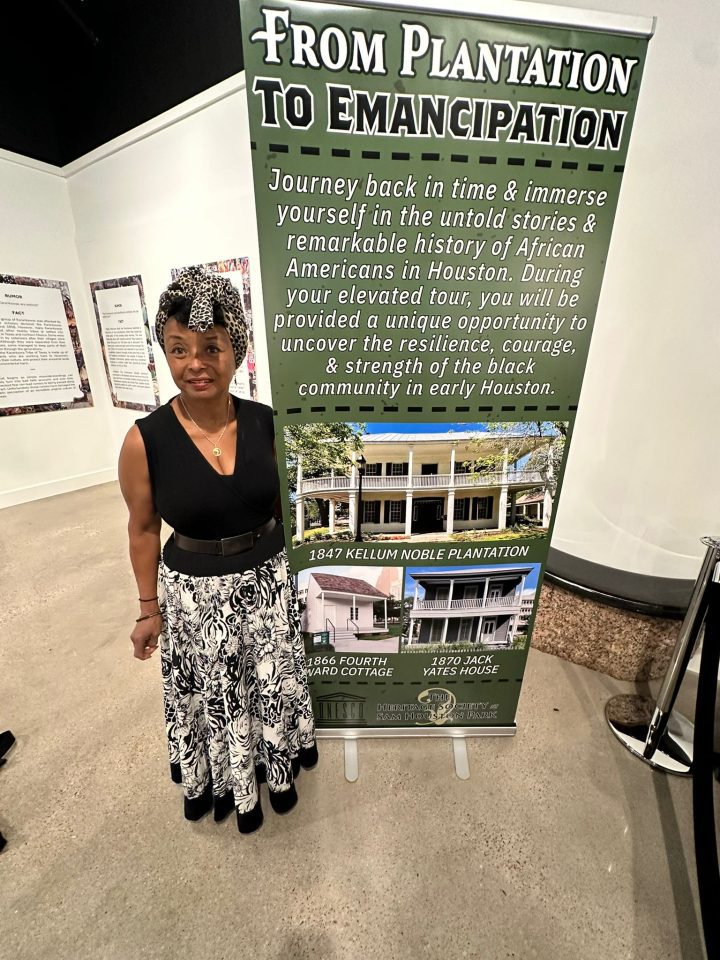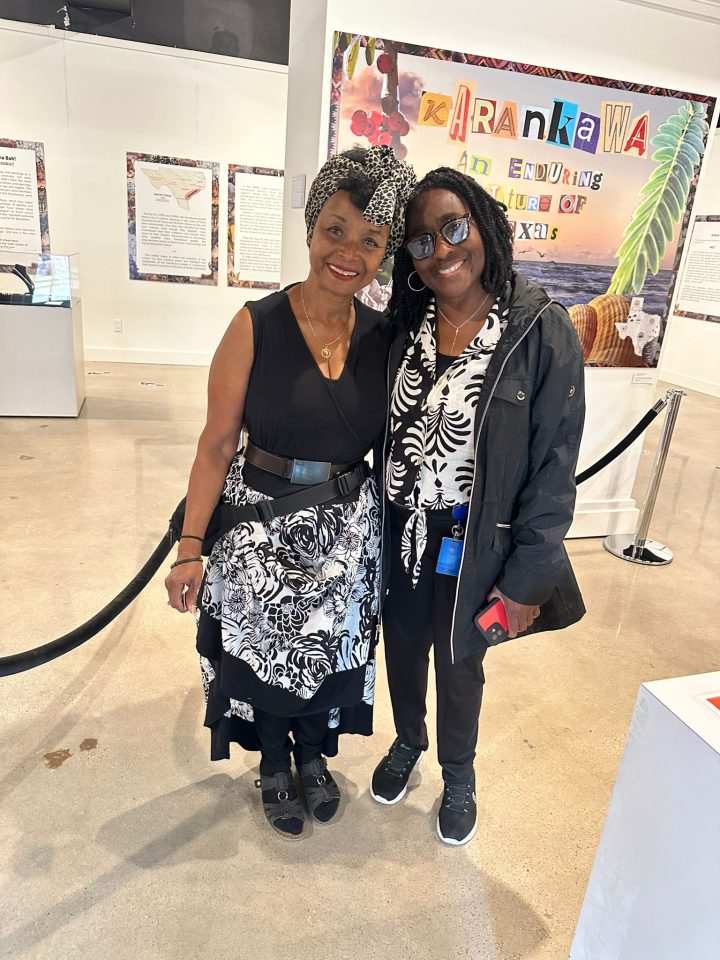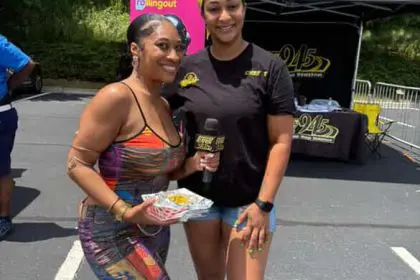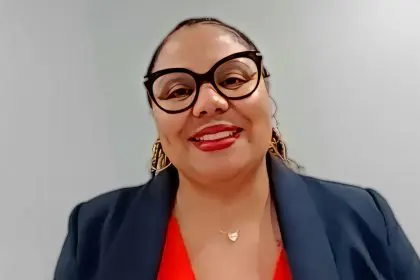Standing on the steps of a historic slave house, Kijana Wiseman embodies the pain and resilience of countless mothers separated from their children. Her performance piece “No Maya” — Liberian English for “don’t feel bad” — weaves together personal memoir, historical trauma, and triumph in a narrative that spans continents and generations.
The Texas-born artist, who discovered her lineage to General Sam Houston at 16, transforms her extraordinary life experiences into theatrical gold. From surviving four rifles pointed at her in Liberia’s Executive Mansion to maintaining her ancestor’s Rosenwald School property, Wiseman defies conventional boundaries between performance and lived experience.
Her journey from Peace Corps volunteer to television host, from classical soprano to storyteller, reflects a uniquely American narrative of reinvention and resistance. Through her multimedia approach — combining live performance, audio dramas, and emerging AI technology — she creates art that both preserves history and speaks directly to contemporary audiences.
Tell me about your participation in this performance.
I welcome everybody. I’m on the step of the slave house, and I’m sleeping when they come up. I start crying and singing “Nobody, Nobody,” and then they say what’s wrong. I tell them that Master took away my 11-year-old baby, my baby girl Leslie, then took her to another farm. I tell about how Elizabeth escaped and came back and how they whipped her so hard, and now she’s trying to starve herself. It’s moving because imagine taking a prepubescent child away from you.
Then while they’re at another house, I change clothes and become, with a petticoat and a fan, the wife, the proud wife of Jack. We married, we emancipated, and it’s amazing.
What’s your background as a performer?
I’m a coloratura soprano. I sing in seven languages. I performed in 23 countries, and it ain’t over yet. I had a TV show in Liberia, West Africa, for six years. I was there as a Peace Corps volunteer the first two years, and then I became a GDI — what they call over there “g–d–n independent.”
Why did they pull rifles on you in Liberia?
Because the president’s son kept asking me to dance. This was at like the White House of Liberia, and they were welcoming all the new Americans. But what he didn’t know is I just turned down a really cute guy, so why would I dance with you? When I told him no, I didn’t want to dance, he decided to pursue it and ask me several times. Then I tried to escape him, and he grabbed me by the arm. I screamed, “N—a, please stop!” I pointed my finger at him and said, “I am from Texas, darling. You are rude, crude, barbaric, perverted, uncivilized, and if you ever touch me again, I will rip your balls off.”
It made the newspapers two days later that I threatened his life. But his mother sent the guards away and said, “Maybe you best leave Little Miss Texas alone.” She adopted me after that. That was December 1973.
Tell me about your family heritage.
I’m the great-great-great-great granddaughter of General Sam Houston. I didn’t find that out until I was 16 because my mother was pissed off. She wanted to be a teacher, and she wasn’t allowed to go to Sam Houston State Teacher’s College because even though her grandfather taught there, her mother was Black. Her grandfather, John Wesley Wilson, who is Sam’s grandson, built the Rosenwald School up in Huntsville. Mother Wanda inherited it, and she passed it on to me. So I’m maintaining it as Rosenwald Acres with outdoor events and an Earth Day festival every year.
How does Juneteenth connect to your personal experience?
It was so funny. We were in the restroom when it just popped into my mind how I wouldn’t have been allowed to use this restroom when I was 14, 15, going to the library. I loved the library here, and I talk about that in “No Maya and All the Times I Almost Died.”
What projects are you working on now?
I have some great children’s plays and stories on kijana.com. I’m working on one right now called “The Special Something” about Liberian twins who saved their money for three months to buy something special. I’m making it into a visual slideshow using Pixar characters with AI. The moral is there are some things in this life that are not for sale, and our children’s integrity is one of those things.
Where can people find your work?
Go to kijana.com — I have the first 10 chapters of my memoirs as an audiobook with sound effects. I have a YouTube channel at Kijana Wiseman. I have plays for children and high schoolers like “Adam’s Navel” and “The Millennium Game” about Uncle Sam and Miss Liberty deciding who to date for the next millennium.
At the end of each play, I have a little rap: “You see we all are special no matter what they say, but we have to work together to make a better way for the children and the future to be all that they can, ’cause we’re in this world together, each woman and each man.”

